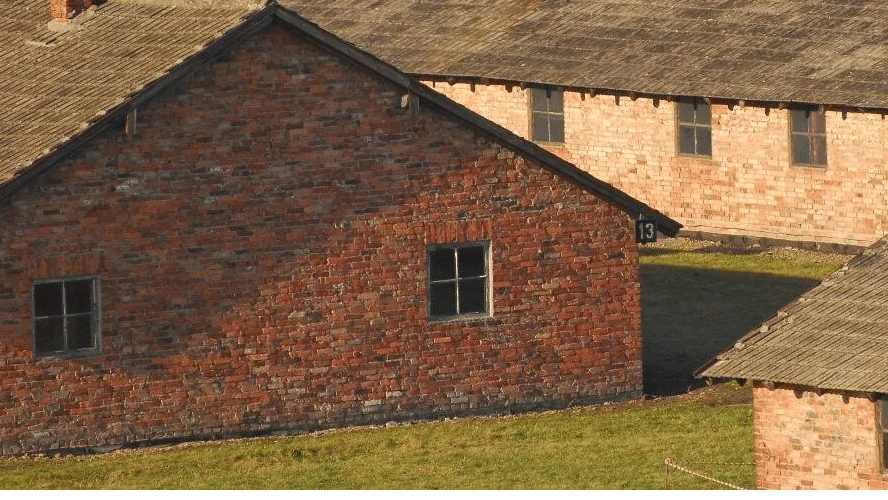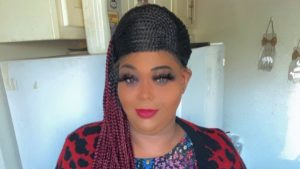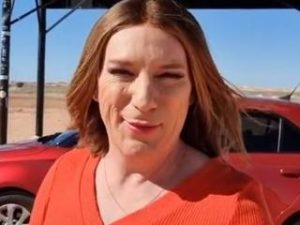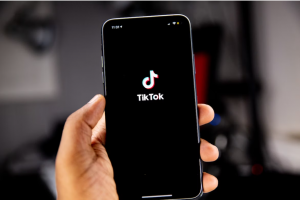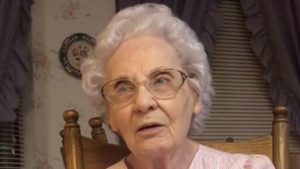The Auschwitz‑Birkenau Memorial and State Museum, reacting to a TikTok trend where people pretended to be Holocaust victims, said it was “hurtful and offensive.”
The museum in its statement said, “The stories of people who were imprisoned and murdered in Auschwitz are incredibly tragic, painful and emotional.” The museum added that it was important to commemorate the victims and educate people about the incident.
The museum, which is located at the site of Auschwitz concentration camp, had been privy countless obscene barbarities perpetrated by the genocidal Nazi regime of Hitler.
“It is also important to place the stories within the context of accuracy and respect,” the statement read.
The Holocaust saw the genocide of six million European Jews and more than one million people were killed at Auschwitz, where the museum stands today.
Users on TikTok shared clips of themselves with fake bruises inflicted on them and shared clips where they donned attires worn by Jews on the orders of Nazis.
The museum also stated that one ought to remember “ethical challenges” and “psychological dangers” of enacting a particular epoch of history even if it was for educational purposes.
The museum however advised against shaming and vilifying individuals who had taken part in the trend.
The trend has been heavily criticized on social media, drawing the irk of Netizens.
The museum in its statement said, “Some of the examples online are dangerously close or are already beyond the border of trivialization of history and being disrespectful to the victims.”
It adds “Some (videos) were not created to commemorate anyone, but to become part of an online trend.”
The museum called the trend “painful” in the statement it uploaded on Twitter.
However, the museum does acknowledge that “the motivation of some people posting the videos seems to come from the need to find some way of expressing personal memory. They use the language familiar to them.”
The organization urges for “careful discussions” while addressing issues that are potentially loaded. It adds that it doesn’t support “vilifying” “shaming” and “attacking” the young people who have committed something in a wrong fashion.
The museum adds that rather than shaming the participants it should be used as an educational challenge.
BBC reported that TikTok had blocked a user’s ability to search for the holocaust challenge and added that the platforms’ top priority was to keep their community safe.

